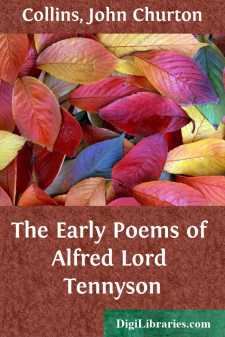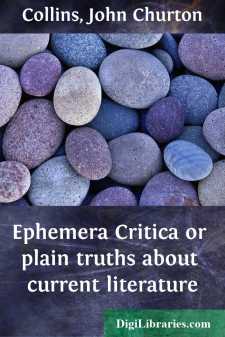Categories
- Antiques & Collectibles 13
- Architecture 36
- Art 48
- Bibles 22
- Biography & Autobiography 816
- Body, Mind & Spirit 145
- Business & Economics 28
- Children's Books 18
- Children's Fiction 14
- Computers 4
- Cooking 94
- Crafts & Hobbies 4
- Drama 346
- Education 58
- Family & Relationships 59
- Fiction 11831
- Foreign Language Study 3
- Games 19
- Gardening 17
- Health & Fitness 34
- History 1378
- House & Home 1
- Humor 147
- Juvenile Fiction 1873
- Juvenile Nonfiction 202
- Language Arts & Disciplines 89
- Law 16
- Literary Collections 686
- Literary Criticism 179
- Mathematics 13
- Medical 41
- Music 40
- Nature 179
- Non-Classifiable 1768
- Performing Arts 7
- Periodicals 1453
- Philosophy 66
- Photography 2
- Poetry 897
- Political Science 203
- Psychology 45
- Reference 154
- Religion 516
- Science 126
- Self-Help 86
- Social Science 82
- Sports & Recreation 34
- Study Aids 3
- Technology & Engineering 59
- Transportation 23
- Travel 463
- True Crime 29
Our website is made possible by displaying online advertisements to our visitors.
Please consider supporting us by disabling your ad blocker.
The Early Poems of Alfred Lord Tennyson
Description:
Excerpt
INTRODUCTION
I
The development of Tennyson's genius, methods, aims and capacity of achievement in poetry can be studied with singular precision and fulness in the history of the poems included in the present volume. In 1842 he published the two volumes which gave him, by almost general consent, the first place among the poets of his time, for, though Wordsworth was alive, Wordsworth's best work had long been done. These two volumes contained poems which had appeared before, some in 1830 and some in 1832, and some which were then given to the world for the first time, so that they represent work belonging to three eras in the poet's life, poems written before he had completed his twenty-second year and belonging for the most part to his boyhood, poems written in his early manhood, and poems written between his thirty-first and thirty-fourth year.
The poems published in 1830 had the following title-page:
"Poems, Chiefly Lyrical, by Alfred Tennyson.
London: Effingham Wilson, Royal Exchange, 1830".
They are fifty-six in number and the titles are:—
Claribel.·
Lilian. ·
Isabel. ·
Elegiacs.º
The "How" and the "Why".
Mariana. ·
To——. Madeline.
The Merman.
The Mermaid. ·
Supposed Confessions of a second-rate sensitive mind not in unity with
itself. º
The Burial of Love.
To—(Sainted Juliet dearest name.)
Song. The Owl. ·
Second Song. To the same. ·
Recollections of the Arabian Nights. ·
Ode to Memory. ·
Song. (I'the the glooming light.)
Song. (A spirit haunts.) ·
Adeline. ·
A Character. ·
Song. (The lint-white and the throstle cock.)
Song. (Every day hath its night.)
The Poet. ·
The Poet's Mind. ·
Nothing will die. º
All things will die. º
Hero to Leander.
The Mystic.
The Dying Swan. ·
A Dirge. ·
The Grasshopper.
Love, Pride and Forgetfulness.
Chorus (in an unpublished drama written very early).
Lost Hope.
The Deserted House. º°
The Tears of Heaven.
Love and Sorrow.
To a Lady Sleeping.
Sonnet. (Could I outwear my present state of woe.)
Sonnet. (Though Night hath climbed her peak of highest noon.)
Sonnet. (Shall the hag Evil die with child of Good.)
Sonnet. (The pallid thunderstricken sigh for gain.)
Love.
Love and Death. ·
The Kraken. º
The Ballad of Oriana. ·
Circumstance. ·
English War Song.
National Song.
The Sleeping Beauty. ·
Dualisms.
We are Free.
The Sea-Fairies. º°
Sonnet
to J.M.K. ·
[Greek (transliterated): oi rheontes] ·
· Of these the poems marked · appeared in the edition of 1842, and were not much altered.
º Those marked º were, in addition to the italicised poems, afterwards included among the 'Juvenilia' in the collected works (1871-1872), though excluded from all preceding editions of the poems.
º° Those marked °º were restored in editions previous to the first collected editions of the works....



